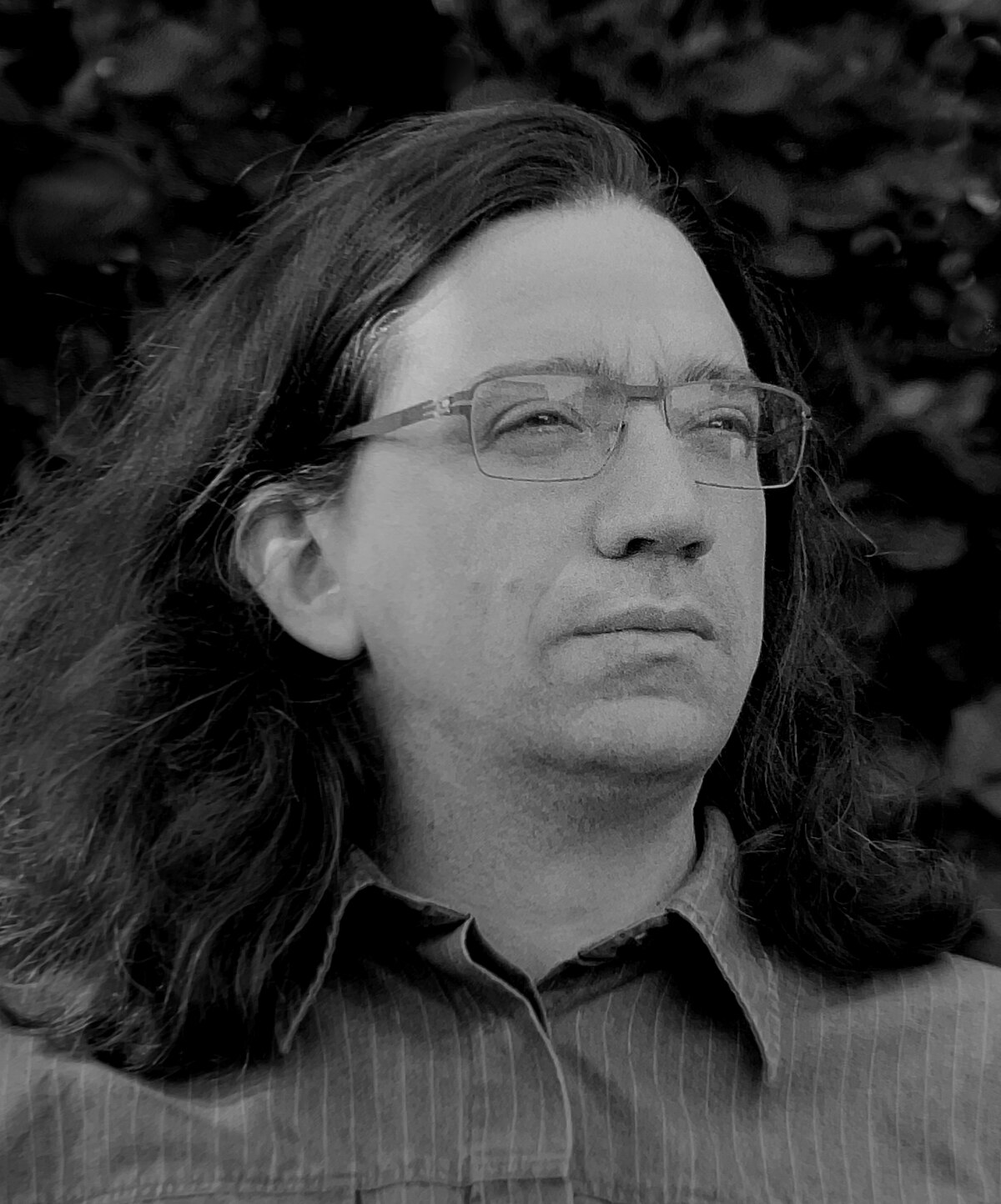Asymmetric radicalism in American politics

At the moment, JD Vance is no worse than the third most likely person to be president of the United States in 2029.
This doesn’t mean, of course, that this is likely to happen: it’s just that the odds of the running mate of a major party candidate who won’t be eligible to run again (I know, I know; Guardrails! Institutions! Merrick Garland!) is the single most likely successor to that candidate, should he or she win.
So it’s worth pausing for a moment on just how radical Vance’s politics have become.
I think there are three roughly plausible versions of Vance’s chameleon-like political views:
(1) He doesn’t really believe in anything, and just says whatever will advance his ambitions at the moment. This is the nihilist version of Vance.
(2) He was and at some level of moral conscience still is the anti-Trump conservative he was back in his memoir flogging days (btw there should be a law that people under 35 can’t publish memoirs), and he’s now faking his allegiance to Trumpism because he he so desperately wants to get a better job at the top of his resume, which has obviously been the driving motivation of his entire life. This is the sinner/Paris is worth a mass version of Vance.
(3) He was sincerely anti-Trump, but now is sincerely pro-Trump, as a consequence of his conversion to the far-right integralist version of Catholicism (see e.g. Adrian Vermeule, Sohrab Ahmari etc.). This is the genuine convert version of Vance.
I tend to lean toward a kind of synthesis of (2) and (3), where the conversion was “sincere” in the sense that it was psychologically necessary, in order to rationalize (2) as something other than the act of supreme moral decadence it represents.
Be that as it may, from a NYT profile of Vance’s political evolution: (gift link)
People whom Mr. Vance has cited to explain his worldview or detail who helped shape his thinking include Patrick Deneen, a professor of political science at the University of Notre Dame who has suggested that conservatives must harness the power of the state to counter “liberal totalitarianism”; Peter Thiel, the billionaire venture capitalist for whom Mr. Vance worked; and Curtis Yarvin, a prominent voice on the New Right who has argued that American democracy has devolved to the point that the country needs a monarchical leader.
Mr. Vance recently contributed an admiring blurb for a book co-written by the far-right activist Jack Posobiec, who promoted the “Pizzagate” hoax. He is also listed as the author of a foreword for an upcoming book by Kevin Roberts, the president of the Heritage Foundation and a leader of the Project 2025 initiative, a conservative governing blueprint for a prospective Trump presidency (prepared in part by many Trump allies) that the Trump campaign has tried to disavow.
Curtis Yarvin is a guy who literally wants to return to a medievalist doctrine of the divine right of kings. Peter Thiel is an aspiring literal vampire. He represents the kind of bizarre mixture of extreme radical political reaction and tech-based utopian grandiosity that is Silicon Valley’s distinctive contribution to current political discourse. Patrick Deneen is a straight-up anti-democratic Catholic integralist, who thinks that Vatican I went way too far, and that the French Revolution was the root of everything that’s wrong with the modern world (Note “modern” here means post 17th century at the latest).
This brings up something that I’ve been wondering about for a long time, which is how did radical political views in the USA get so asymmetrical? To find leftists who are anywhere close to as radical as these people — and again, JD Vance is the third most likely person to be president in 2029 at the moment! — you. would have to go completely off the grid, not merely of elected officials, but of anybody who has the slightest influence in even the most tenuous way with any person in any position of social authority or power.
We’re talking somebody like an unreconstructed Maoist or Stalinist, or maybe a sincere fan of the North Korean regime. Such people do exist, in the same sense that people how believe that the world is controlled by lizards disguised as humans exist, but they don’t have a trivial influence on actual politics in the United States in 2024: they have no influence, as in zero.
This asymmetry isn’t ever noted in an explicit way by the mainstream media, because doing so would completely shatter the Both Sides frame that is the fundamental axiom of respectable political journalism in this country. But it’s very real, and very important, as the rise of someone as utterly weird as JD Vance illustrates so well.


